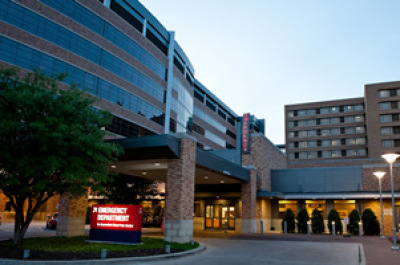Presbyterian Hospital: Ebola patient critical but stable, received experimental drug

DALLAS (Christian Examiner) – The first patient in the U.S. diagnosed as infected with the Ebola virus received an experimental drug over the weekend it was reported today by a spokesperson for Texas Health Presbyterian Hospital.
Thomas Eric Duncan remains in critical condition but is stable today, according to Candace White, senior public relations specialist with Texas Health Resources. In an email to the Christian Examiner she said that on Oct. 4 Duncan "began receiving the investigational medication brincidofovir — for treatment of Ebola Virus Disease." Duncan's condition had been changed from serious to critical on Saturday.
The news comes on the heel of dire remarks during a broadcast news conference on Sunday, Oct. 5, by Thomas Frieden, director of the Centers for Disease Control and Prevention. He had said Duncan's situation "has taken a turn for the worse" and "as far as we understand, experimental medicine is not being used."
In the same press conference, Frieden also described the experimental drugs that have been or could be used and why caution should be used when considering investigational treatments.
"Some patients received an experimental treatment known as z-mapp," he described as "three specific antibodies."
"But there were a very small number of doses in the world, and I understand it's all gone," he added. "It takes a long time to make more of that medicine, so it's not going to be available any time soon."
He also described a second experimental medicine, without naming it. It is thought to be the drug Duncan has been given, brincidofovir.
"Both of these medicines, we don't know if they work or not, but they are two experimental medicines that may be promising," Frieden said, adding, "and the second could be somewhat dangerous to use, it could make the patient sicker in the interim and the family would have that choice, if they wanted to, they would have access to it."
According to an investigation by Dallas County epidemiologists, Jessica Smith and Wendy Chung, Duncan flew from Liberia on September 20 to visit family in the United States. They reported he was symptom free until four days later (and not contagious until then, Sept. 24). At the THPH emergency room he received a prescription for antibiotics and left without doctors realizing he was infected with the Ebola virus. Two days later, after his symptoms developed further, he returned to Presbyterian Hospital at which time he was admitted, and two days after that, Sept. 28, was placed in isolation and tested for Ebola.